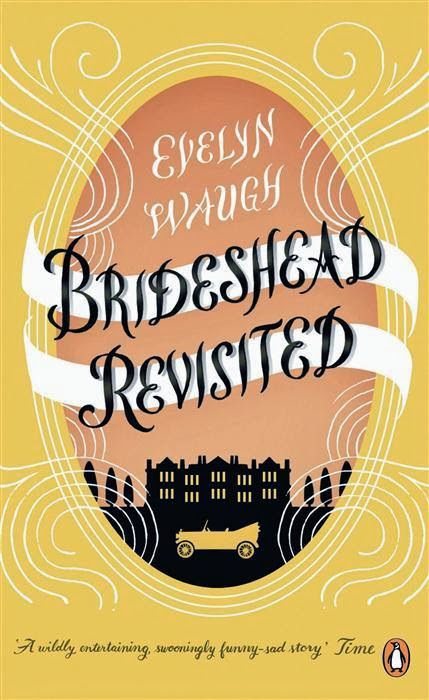
For this week’s reading challenge, I moved to reading The Sacrament of the Present Moment to my morning devotional time. ¬†A few pages a day with time to digest seems a more fitting way to consume the text.
Even at this slow pace, I have now found myself at the heart of the book. ¬†De Caussade states that God doesn’t just speak to us in church, but we must look for what He is saying in each moment of every waking day and treat each moment as a sacrament.
Now, Ive seen this played out for some as borderline superstitious, where a breeze coming from the ¬†opposite direction means that one should pack one’s bags for a mission trip and leave the next week. ¬†I, on the other hand, tend to over think things. ¬†I’m also recently in the bad habit of reading the Bible and knowing from previous study what that passage was supposed to mean for the people of Israel or the early church, but not what it meant for me TODAY. ¬†I find it interesting that this book comes from the Jesuit tradition which is known for its studiousness, yet de Caussade almost strikes me as slightly anti-intellectual.
While I don’t think I would go so far as to be like my previous example, but the book is challenging me to at least forget all the history and context that I know from years of studying and ask myself what the Bible is saying to me today and to be more mindful of how God might be intervening my life throughout my day.
I’ve just begun Evelyn Waugh’s¬†Brideshead Revisited. Once I was able to navigate the British colloquialisms and vocabulary, I am finding that 1920s Oxford students aren’t that different from the undergraduates I knew when I was in college. ¬†They stay up too late, drink too much, drive too fast and try on lots of different intellectual identities. ¬†Fortunately, I have wikipedia and now know what Eights Week is and the dictionary app on my phone has gotten a lot of milage lately.
That being said, I¬†am¬†enjoying the book and I’ll check back in here when I have more to say about it.




